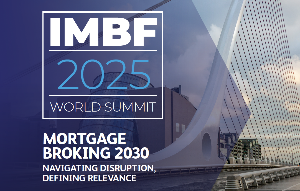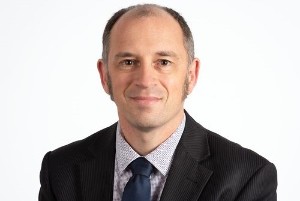
Indecision on whether to join up with large adviser groups or remain independent is being given as a reason for slow progress towards full licensing in the mortgage industry.
Other reasons are lack of awareness of the rules and the intention of some older advisers to use the new obligations as a cue for retirement.
These explanations have come as the clock ticks towards formal exclusion of unlicensed advisers from next March.
To make sure that that does not happen, advisers are being asked to get their applications filed by September 30th.
The Financial Markets Authority (FMA) says it cannot guarantee applications that arrive later will be processed in time.
Yet as at July 18, only 663 licences had been approved or were in train.
That amounted to just 36% of all Financial Advice Providers.
So why are so many advisers delaying this action when their livelihoods are at stake?
For many, the answer is uncertainty or indecision, according to a Tauranga adviser, Rupert Gough, of The Mortgage Lab.
Like many advisers, Gough got full licensing a year ago. But he said for some people the answer was not that simple.
“I have a suspicion that some of the larger groups are probably still organising their ABs,” he said.
“There are probably five or six FAPs that represent well over a thousand advisers, and I think that fact is skewing the statistics a bit.”
He said getting all these people into line was a big task.
“You have got to have your AB complaint and if you have 100 or 200 ABs, that takes time.”
For smaller outfits, the problem was uncertainty about which way the individual adviser should go.
“It is a mix of just not understanding the process, or being unsure about whether they will stay in the industry or go into someone else's FAP,” Gough said.
Tony Vidler is a consultant to the industry, an “adviser to the advisers”, as he puts it. He shares Gough's view that uncertainty is one of the reasons for the delays in getting a full licence.
“A portion of advisers are still trying to determine what structure they want to go down, whether they should join a dealer group, or whether they should stand alone and apply for their own licence,” he said.
“Then there is a portion of adviserland that are effectively working up to the transition date and they then intend to exit the industry. There are advisers who are effectively doing that, they don't intend to transition into a full licence at all.”
Vidler added there was a third sector of the adviser industry that was “fundamentally ignorant.
“They don't know what they have to do, which is bizarre, but there you have it.”
Other reasons have been put forward for the delays in seeking full licensing. Among them is regulation fatigue, especially in a post-CCCFA world. Another theory is that some advisers find that a heavy workload is taking up all the hours in the day, so licensing tends to get put off til tomorrow.
Whatever the reason for the delays, the FMA is seriously concerned about the impact of the problem. It has intensified its efforts to reach the entire adviser community.
From the brokers in the High St offices, meanwhile, there are a variety of views on full licensing, ranging from “more red tape” to “it's actually not that hard.”



